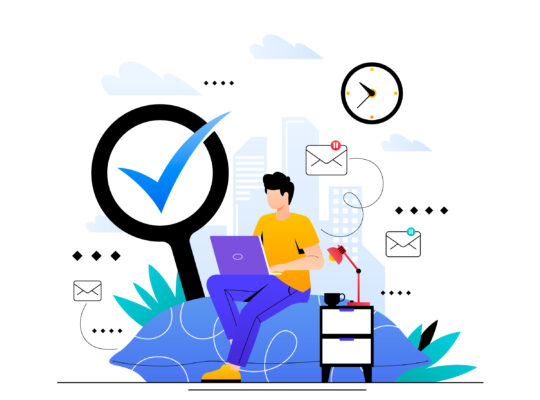| Improving the Value of Your Time | ||
| Instructor: Dave Crenshaw | ||
| Released: 10/21/2019 | Course Details 28m General | |
| Skills Covered Time Management | Course Link | |
| Professional Certifications and Continuing Education Units (CEUs) N/A | ||
| Join productive leadership author and speaker Dave Crenshaw as he shows you the key to enhancing your productivity—focusing on your most valuable activities and minimizing the distractions that waste your time. This course shows you how to determine how to increase your worth per hour while minimizing and offloading distractions. Create a plan to mind your time and effort and help coworkers and employees discover their most valuable activities, which can result in a career and productivity boost. Learning objectives Describe how to avoid the least valuable activity (LVA) trap. Explain a process you could use to coordinate your most valuable activity (MVA) with your coworkers. Identify a good strategy to address emerging trends in your industry. Source: LinkedIN Learning | ||
Your Most Valuable Activities
The relationship between time and value
Most Valuable Activities (MVAs):
MVAs are task and projects that are worth the most per hour.
What are your most valuable activities?
Use the exercise files to create your most valuable activities.
Protect your time
Using an empty glass as an analogy, the glass is filled with air which is your LVA. Now, fill the glass with water, which represents your MVA. The more you fill the glass the less time you have for LVA and the more you can concentrate on MVA.
Least Valuable Activities (LVA)
- Errands
- Unskilled repetitive work
- Meetings with no purpose
Free yourself from LVAs by asking “what is the value of this activity?”. Note the estimated values in a calendar. Ask yourself “Why am I doing this activity?”
Offload less valuable activities
Cycle of Abdication
- You realize you don’t have enough time to get everything done.
- You hope some new technology or person can take care of the work.
- You recognize the solution does not work and you return to step 1.
System of Improvement
- Improve your personal productivity.
- Enhance your team’s productivity.
- Update or upgrade your technology.
Build Value with Coworkers
Build value by being helpful
What’s one thing I can do to make your job easier for you? Ask this question of your boss, co-workers or anyone that reports to you.
Look for one action to honor their request. Schedule time to complete the request.
Explore your most valuable activities
- Support people around you.
- Coordinate you MVA’s with theirs.
- Help others become more valuable.
- Get manager support and buy-in.
- others.
Build a plan for improved delegation
Plan for Improved Delegation
- Look for crossover areas
- Maybe someones LVA is your MVA – like giving a presentation to an audience.
- Ask “How can I help remove your LVAs?”
- Use the “system of improvement”
- Switch roles and repeat steps
- Commit to your actions
- Schedule a future meeting
One person’s least valuable activity is often another person’s most valuable activity.
Strategies to Improve Value
How focus builds your value
Multitasking is an obstacle to time value improvement. Switchtasking – inflects a heavy cost.
The less switches you make, the easier it is to maintain momentum in your career path.
Take a look at the course: Improving Focus by Dave Crenshaw.
Stay on top of trends
Be aware of market and industry trends. Focus on resources related to your top two MVAs.
Stay on Top of Trends
- Search for online experts.
- Take courses on LinkedIN.
- Check out industry-targeted organizations or trade magazines.
- Attend conferences and seminars.
Where are things headed in my industry?
What can I do about what I’m seeing?
Build what is above and beyond
Growth comes from doing more. Look for ways to enhance your work.
What is one side project I could do that would grow my ability in my MVA and wouldn’t interfere with my work?
Track your time
Do consistent self-reviews of your progress. Did I increase the value of my MVA? Did I improve the percentage of time spent on my MVAs? Reconnect with coworkers every 6 to 12 months to check your progress.
 | Remember! To experience the full benefit of this guide, I highly recommend you watch the full training session. |






